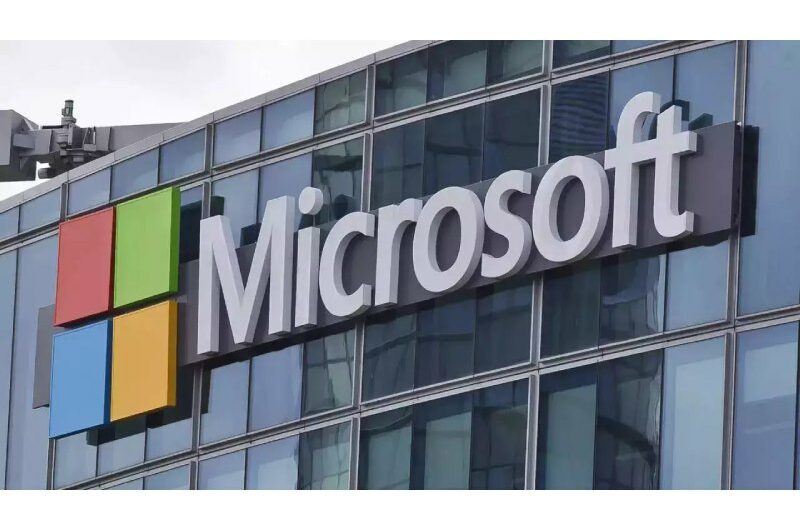Indian visitors can enter US if fully vaccinated against COVID. On Monday, the White House announced that the US will relax air travel restrictions for international visitors who are completely vaccinated against the virus in November, including those from EU and the UK.
This becomes easier and safer for Indians to visit their family in the US. Jeff Zients, who is serving as the COVID response coordinator from the White House, said that the non-US citizens will require showing proof of vaccination and negative COVID test reports 72 hours before departure.
The changes will be seen in early November, and the airline industry expects to see a spike in bookings. During a press briefing, Jeff said, “They must show proof of vaccination prior to boarding a U.S.-bound airplane.”
The travel and the airline industry have demanded to lift travel restrictions. The Trump administration initially implied the rules in March 2020, which now apply to 30+ countries. However, Biden upheld those rules after taking office in January.
The Biden administration is maintaining stricter rules for unvaccinated Americans coming back to the US. They will require testing 24 hours before and after departure and return. Since vaccines became available, British and European officials have lifted entry bans for US citizens, but the Biden administration didn’t bend the rules.
Allowing foreign nationals into the country would have different impacts. A prohibition on Indians and other foreign nationals has broadly affected the airlines, restaurants, and retail industries. The Centers for Disease Control and Prevention will also require airlines to collect and provide passenger information to aid contact tracing.
Jeff stated,’ “In the coming weeks, CDC will be issuing a contact tracing order requiring airlines to collect current information for each U.S.-bound traveler, including their phone numbers and email addresses.”
Senior VP at Moody’s Investors Service, Jonathan Root, said in an emailed statement, “Leisure bookings for the holidays from inbound tourist visits and non-US citizens visiting friends and relatives will accelerate in upcoming weeks. We also now expect a stronger increase in business travel by the first quarter of 2022 than would have occurred if the borders remained closed.”
There will be a few exemptions, like kids are not yet eligible for vaccination, but full policy details have not been issued yet. The airlines industry has applauded the news. They cheered the US’ decision, which would open up those carriers that were banned from flying to the country last year.
Chiranth Nataraj at Visitor Guard® said, “family travel to US from India has been very limited in 2020-2021, the new travel rules and the availability of visitor health insurance policies with COVID coverage should make it easier and safer for relatives to visit family in the US”.
President of Airlines for America, Nicholas Calio said in a statement, ″U.S. airlines have been strong advocates for a stringent, consistent policy and are eager to safely reunite the countless families, friends and colleagues who have not seen each other in nearly two years, if not longer.”
In June, Canada, the US, the UK, Mexico, and the EU declared that they would study how to ease international travel and reopen the borders safely.
Though the recent announcement came after the peak summer holiday season, it could increase the travel demand at the year-end. Generally, airlines use their biggest planes for international trips, but this trend could change if international trips demand rises with the new rules.
Entry to the US will be relaxed for 33 countries that are not allowed for direct entry currently. The nations that are removed from the restricted list are the Schengen area, India, Brazil, China, Ireland, South Africa, Iran, and the UK.
With this latest policy, it will become trouble-free for the Indians and other international visitors to come to the US by showing proof of double vaccination and negative COVID test reports. Quarantine on arrival is removed.
Topics #air travel restrictions #CDC #new guidelines for US visits #US visits #visitor health insurance









